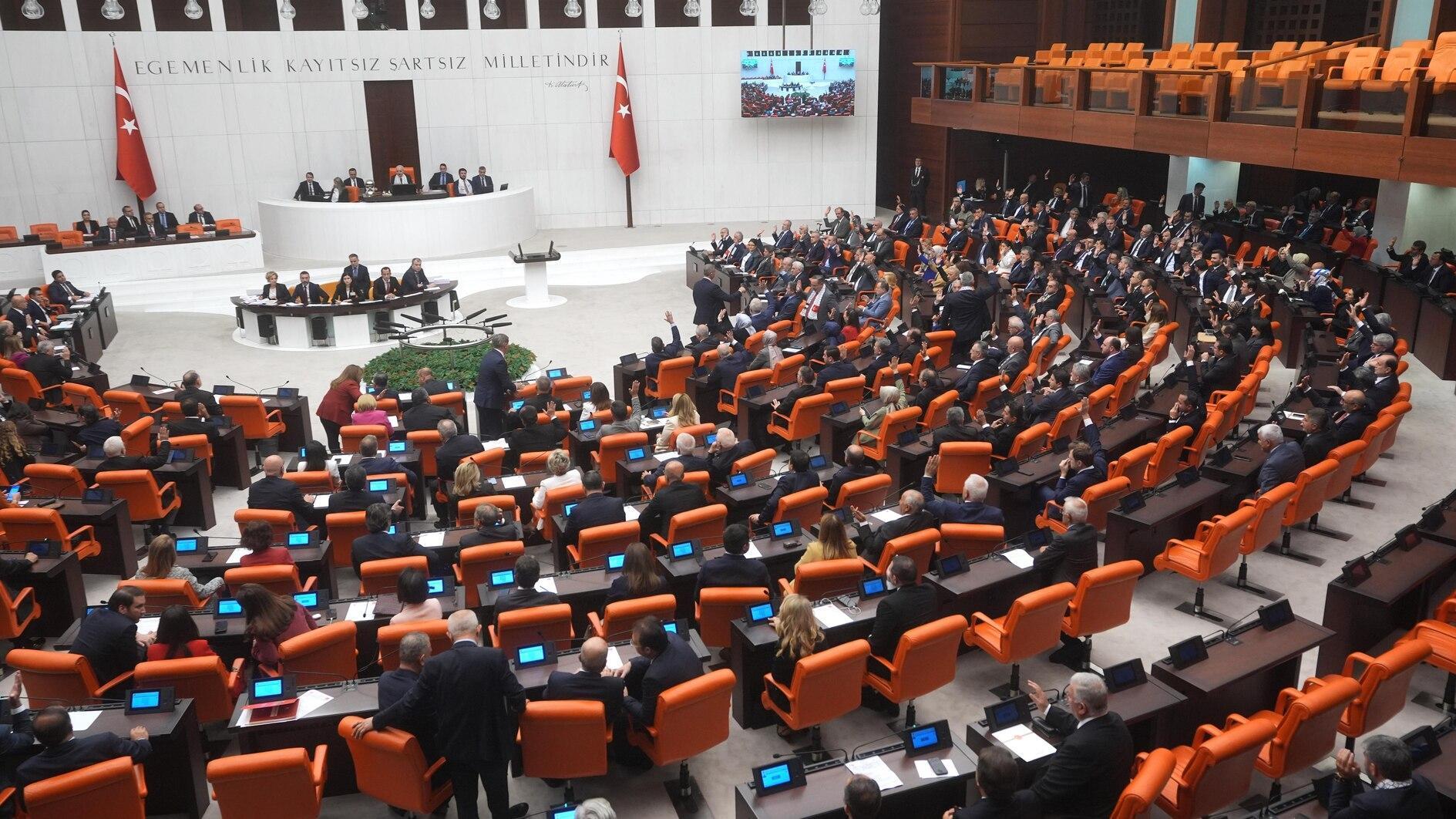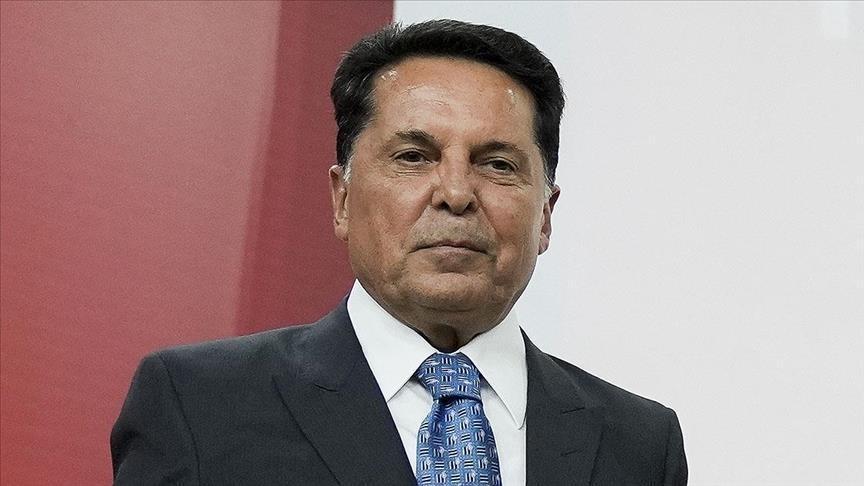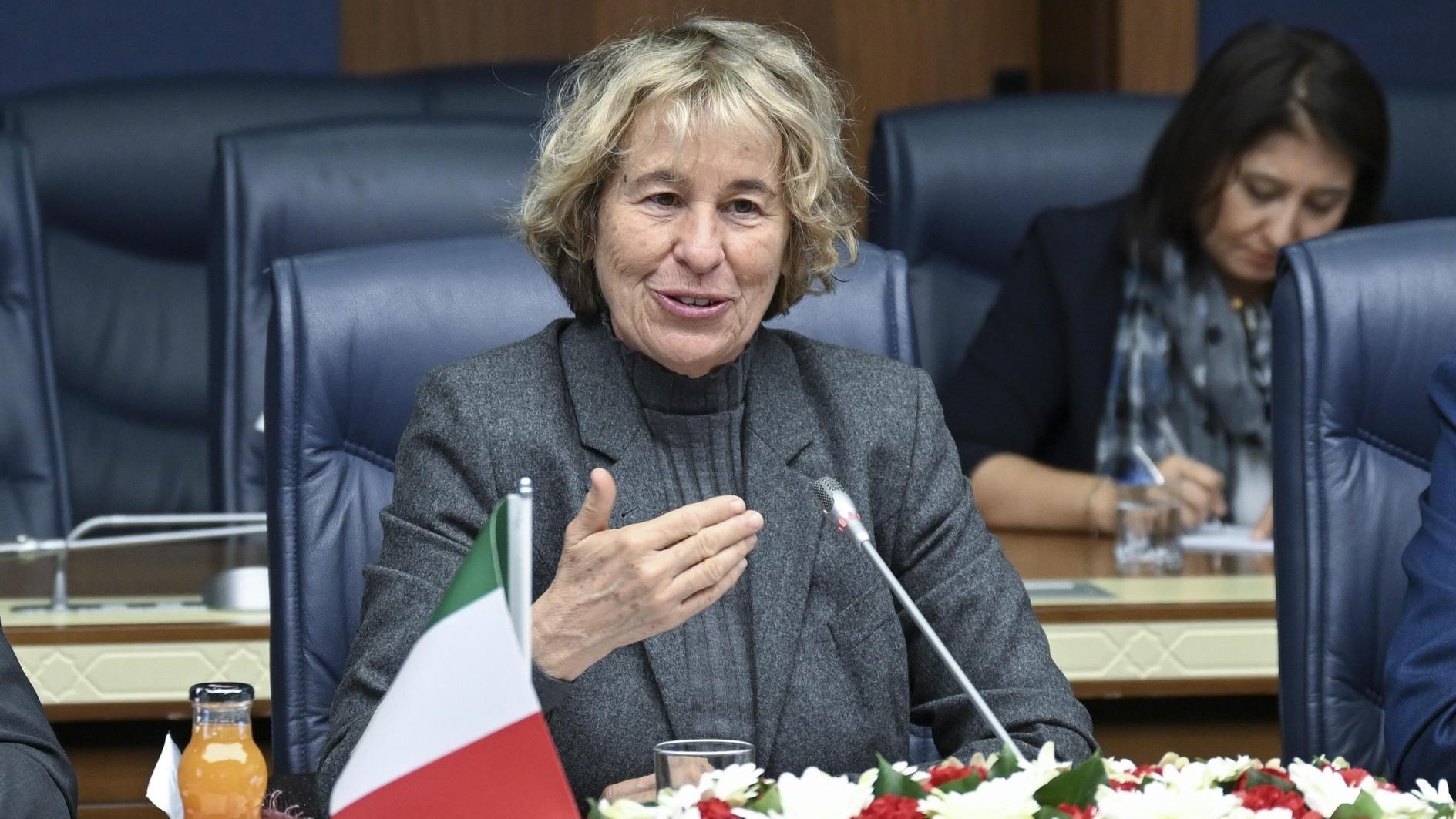Economic outlook scenarios for April
It is not even mid-March, but market players are already talking about possible scenarios for April. The general consensus is that March and April will set the course for Turkey’s economic outlook. But expectations regarding what awaits the Turkish economy vary.
Tradesmen appear to support the optimistic scenarios. The country’s tradesmen have been complaining for some time that “business is good but there is no cash in the market.” However, they expect economic activities to pick up and more cash to become available in the market after April. Asked why they think that, those who share their optimism say: “The government is said to be taking steps regarding democratic rights to mend fences with the west. That is why we expect business conditions to improve.”
When asked about the source of this information, tradesmen indicate businessmen close to the government.
The construction sector also has similar expectations.
A realtor, who noted that sales usually revive in February, said the pickup did not materialize this year, but that market players expected better sales after April.
It could be argued that in order to provide its supporters with a satisfactory explanation as to why “imprisoned journalists were recently released,” the government has quietly spread the word that “we had to do it so the business outlook would improve.” And this may also explain all those positive expectations.
To summarize, tradesmen complain about market conditions and that is why they pin their hopes on positive scenarios that the outlook will improve.
On the other hand, we can say that larger companies have mixed expectations and contradicting views. They are still looking for an answer to the question whether “early elections are on the cards.” They are anxious that “something may happen.” They cannot predict how the military operation in Afrin evolves and what will happen in Manbij. The contradictory information coming from the U.S. regarding possible fines and sanctions creates uncertainties for them.
It is noteworthy that business people who have close ties with the U.S. and have recently travelled to this country to have talks with U.S. officials appear to be more pessimistic. It would not be an overstatement to say: “Almost everyone who has visited the U.S. lately has come back more worried.”
Scope of U.S. sanctions
The finance sector also has some serious expectations for April. International investors keep visiting Turkey but the questions they ask during their visits suggest they want to know: “When they should return.” One banker has said the situation was “as if somebody told foreign investors that nothing would happen until April, but nothing is certain afterwards.”
Sources who recently held talks in the U.S. suggest that despite the joint committees formed to resolve outstanding issues between Turkey and the U.S., harsh feelings towards Turkey remain. Within Congress, opinion against Turkey is especially strong, as congress members openly talk about imposing sanctions and widening their scope.
Meanwhile, it appears as though the Zarrab case will resume in April and continue into July. The U.S. Department of Treasury is set to announce the fine in April and the initial fine is expected to be large.
There are widespread speculations that Turkey’s decision to buy S-400 missile systems from Russia may result in some institutions and individuals facing fines. The health condition of the U.S. priest held in jail in Turkey also constitutes a serious problem for Turkey-U.S. relations.
The only positive expectation in the short-term concerns the summit scheduled for the end of this month, when President Recep Tayyip Erdoğan will meet with top E.U. officials. For the time being we cannot predict the outcome of this summit or say whether the summit will boost market confidence, as the government claims.











